Reduce direct inspection and testing, shift from pre-inspection to post-inspection
During the discussion session on the draft Resolution of the National Assembly on special policies for private economic development, Minister of Finance Nguyen Van Thang explained the regulations on inspection and examination of enterprises.
Specifically, regarding inspection and examination work, there are opinions that the regulation of inspection and examination at most once a year can create loopholes in state management in some areas.
Regarding this issue, Minister Nguyen Van Thang explained that the draft Resolution stipulates that the number of inspections and examinations of enterprises, business households, and business individuals must not exceed once a year, except in cases where there are clear signs of violations.
This regulation has institutionalized the direction of the Politburo in Resolution 68 to end the situation of overlapping, duplicative, prolonged inspections and examinations, and abuse of inspections and examinations to harass and cause difficulties for businesses.
The provisions in the draft Resolution also aim to reduce direct inspection and examination, shifting from pre-inspection to post-inspection; at the same time, strengthen remote inspection and examination based on electronic data and information sharing among inspection and examination agencies.
According to the Minister, the above regulations do not reduce the effectiveness of state management and do not hinder the inspection and examination activities of competent authorities towards enterprises.
The draft Resolution also does not limit surprise inspections and checks when businesses show clear signs of violations, Minister Nguyen Van Thang affirmed.
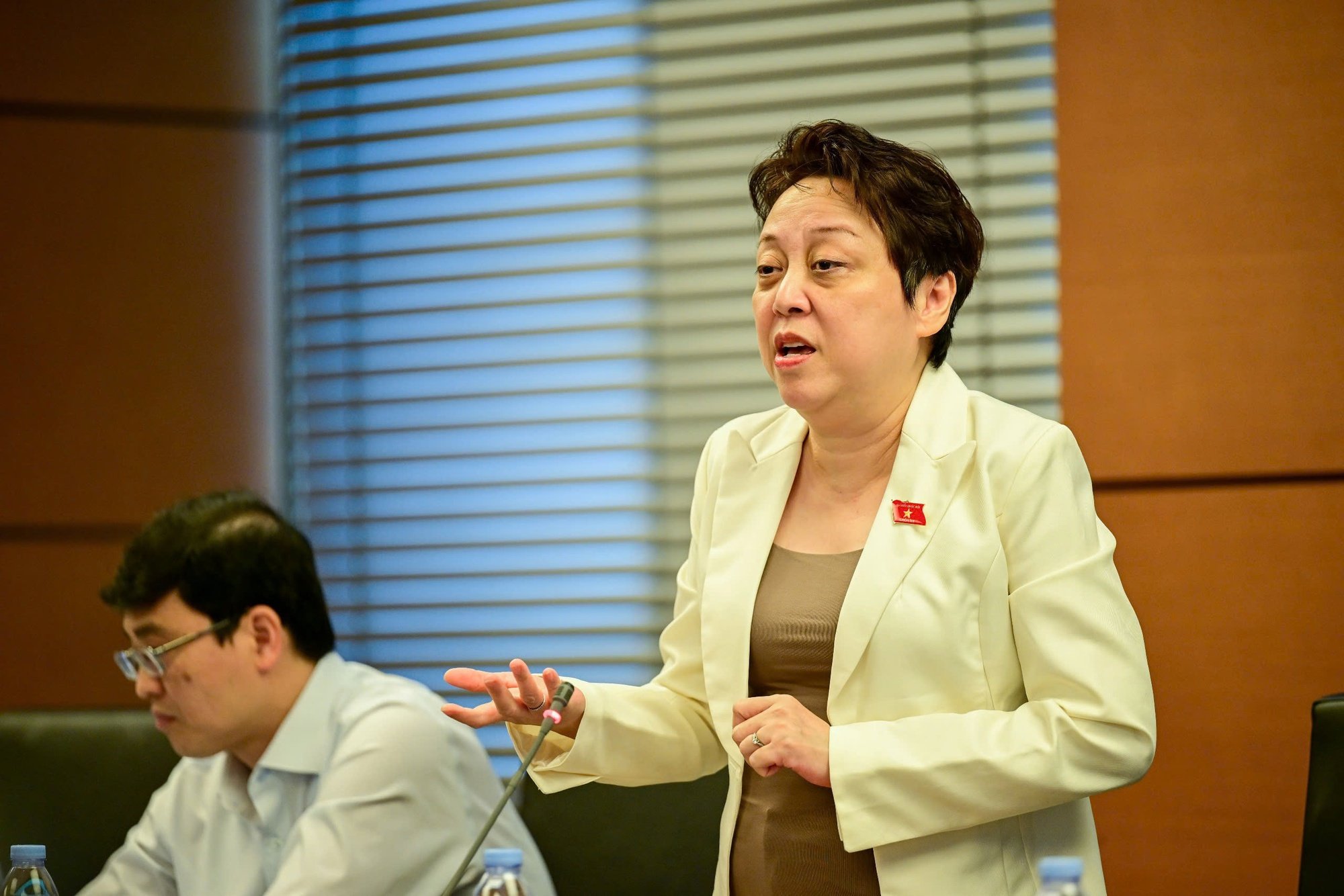
Delegate Pham Khanh Phong Lan
"Tie hands, tie feet" can the inspection industry prevent smuggled and counterfeit goods...
Previously, speaking about the draft Resolution on private economic development, delegate Pham Khanh Phong Lan stated that when reading the draft resolution, she personally thought that this resolution did not apply to state-owned enterprises. In particular, she was concerned about the issue of inspection and examination.
According to the draft regulations, the number of inspections for each enterprise, business household, and individual business (if any) must not exceed once a year. Delegate Pham Khanh Phong Lan wondered whether this regulation is suitable for the current situation.
The delegate cited that in 2017, the Prime Minister issued Directive No. 20 with similar content when it stipulated that inspections and examinations of enterprises should not be carried out more than once a year. Later, the above directive was abolished in 2024 by Decision 1182.
Delegate Pham Khanh Phong Lan said that the regulation of not inspecting more than once a year as stated in the draft does not make the inspection work effective.
"If I were a private enterprise, or even a state-owned enterprise, if there was an inspection in January, then in the remaining 11 months, what can the enterprise do? In the enterprise's mind, rest assured, the inspector has no more right to come in. This is a bad thing. I strongly agree with the view that it is unacceptable to have too many inspections because it will cause harassment and negativity, but each job has its own job. We should not eliminate the effectiveness of inspections because of fear of harassment," said delegate Pham Khanh Phong Lan.
According to the delegate, with the above regulation, the inspection sector will be "tied hands and feet", while the situation of smuggled, poor quality, and counterfeit goods is increasing. The delegate compared: "If it is real gold, then why fear fire?"
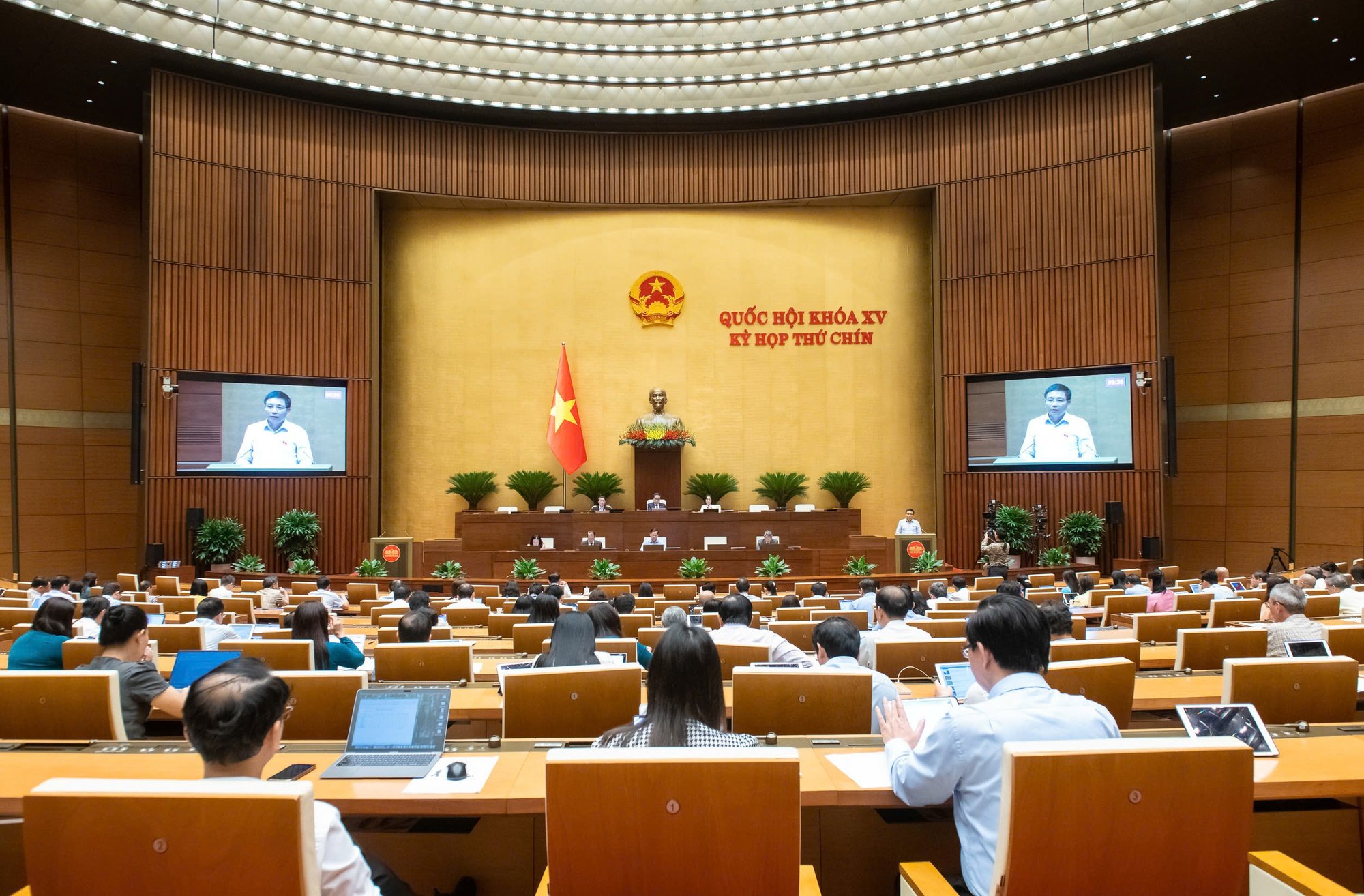
Proposing many special mechanisms and policies to develop the private economy
According to the Government's Submission, the National Assembly's draft Resolution on special policies for private economic development focuses on groups of tasks and solutions with relatively clear content, urgent nature, needing immediate resolution, having a major impact on the confidence, production and business activities of the private economic sector but not yet institutionalized or needing amendments and supplements, under the authority of the National Assembly; at the same time, not within the scope of regulation of the Laws in this Session's Law-making Program.
Accordingly, the draft institutionalizes 5 major policy groups including: Improving the business environment; Supporting access to land resources and production and business premises; Supporting finance, credit and public procurement; Supporting science, technology, innovation, digital transformation and human resource training; and Supporting the formation of medium and large enterprises and pioneering enterprises.
Regarding improving the business investment environment, the Draft stipulates the principles of inspection, examination, licensing, certification, access to resources, ensuring equal competition for enterprises, business households, and individual businesses. It stipulates the principles of handling violations, resolving business cases, and resolving business bankruptcy according to simplified procedures.
Regarding the content of support for access to land and production and business premises, there are regulations on special support policies of the State, specifically support for access to land and production and business premises in industrial parks, industrial clusters, technology incubators; support for renting houses and land that are public assets.
Regarding financial support, credit and public procurement, there will be regulations on supporting low-interest loans for green and circular projects; expanding the subjects and scope of operations of the Small and Medium Enterprise Development Fund; providing financial support and incentives in contractor selection.
Regarding the content of supporting science and technology, innovation, digital transformation and human resource training, the draft Resolution stipulates support for scientific research and innovation activities through tax incentives for these activities; the State supports the construction, or leases and purchases of shared platforms; supports the improvement of corporate governance capacity and human resource quality through the development and implementation of a training program for 10,000 executives by 2030.
In addition, the Government also proposed two policies to support the formation of medium and large enterprises and pioneering enterprises: including ordering, limited bidding, and designated bidding to implement key projects of great significance to socio-economic development and national importance. Support the formation and development of medium and large enterprises and private economic groups of regional and global stature.
Source: https://phunuvietnam.vn/cham-dut-tinh-trang-thanh-tra-kiem-tra-chong-cheo-lam-dung-thanh-tra-kiem-tra-de-nhung-nhieu-doanh-nghiep-20250517084706781.htm


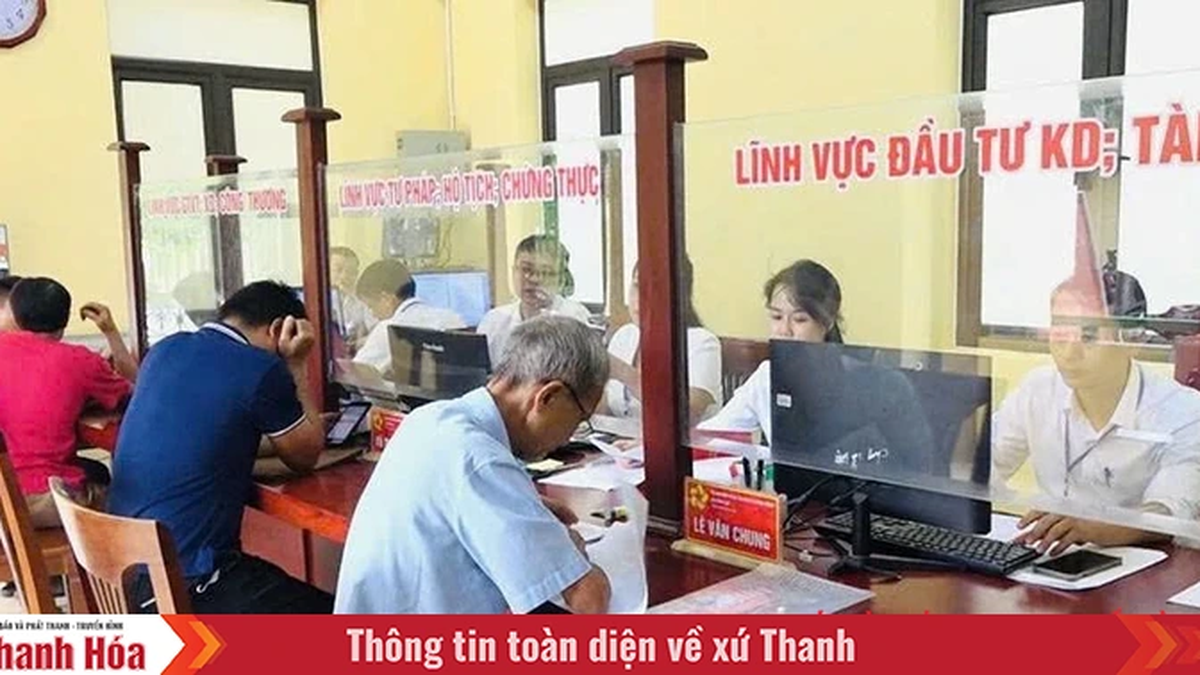
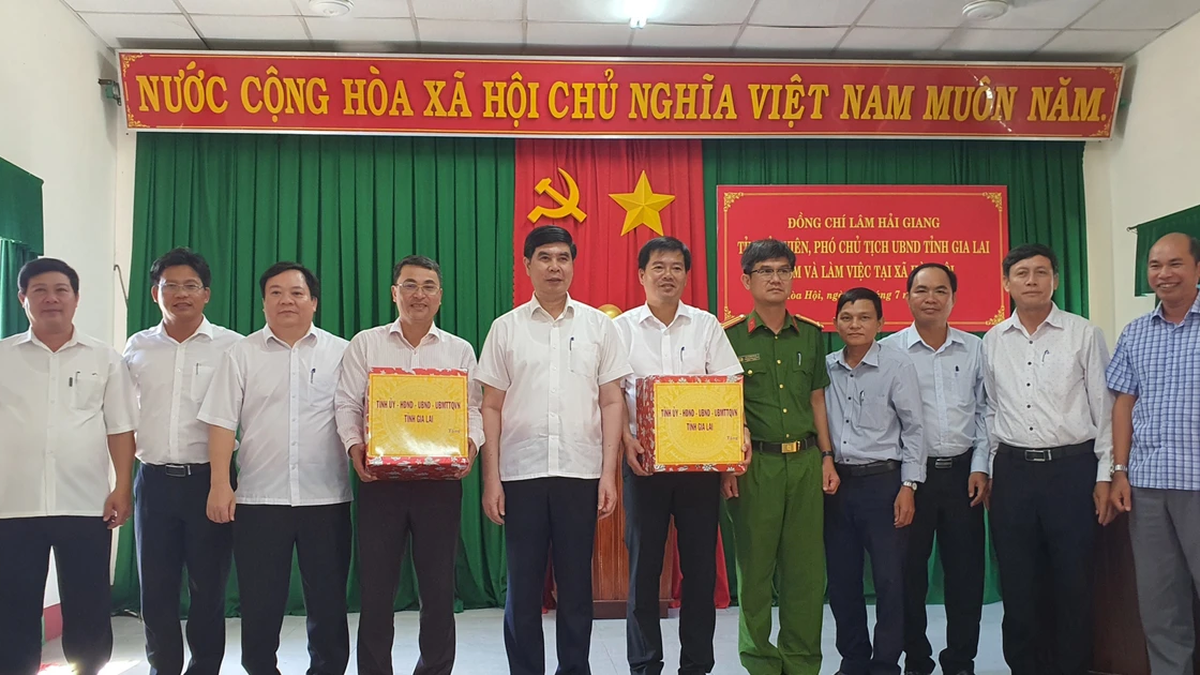
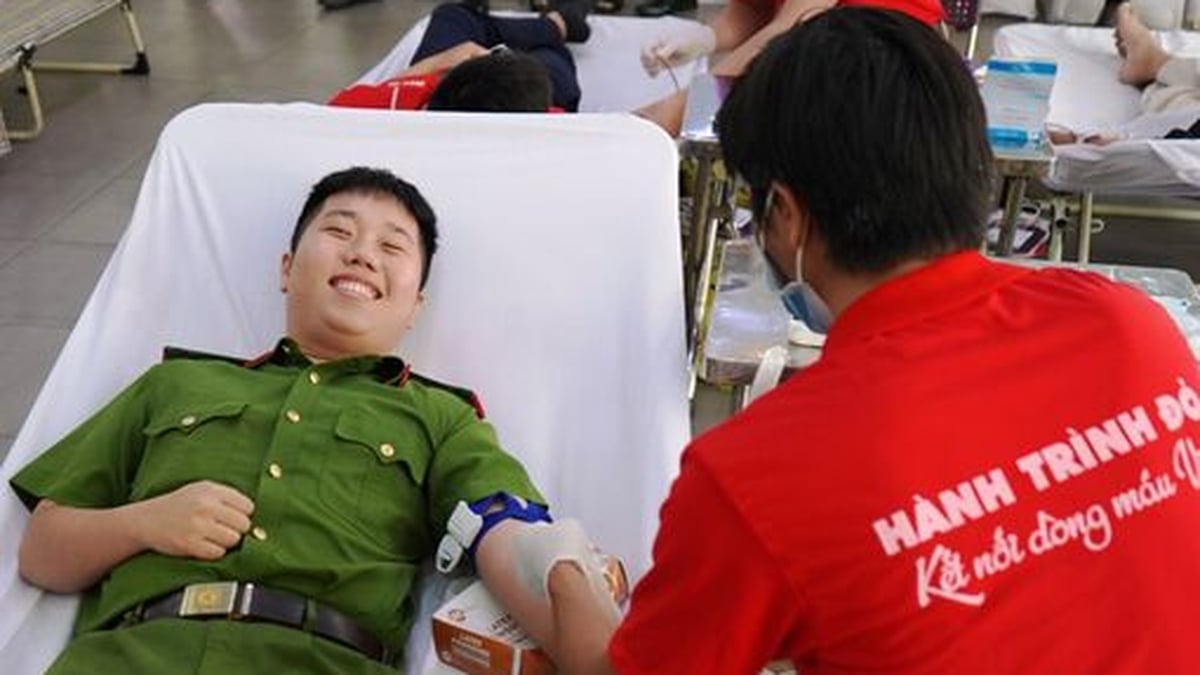
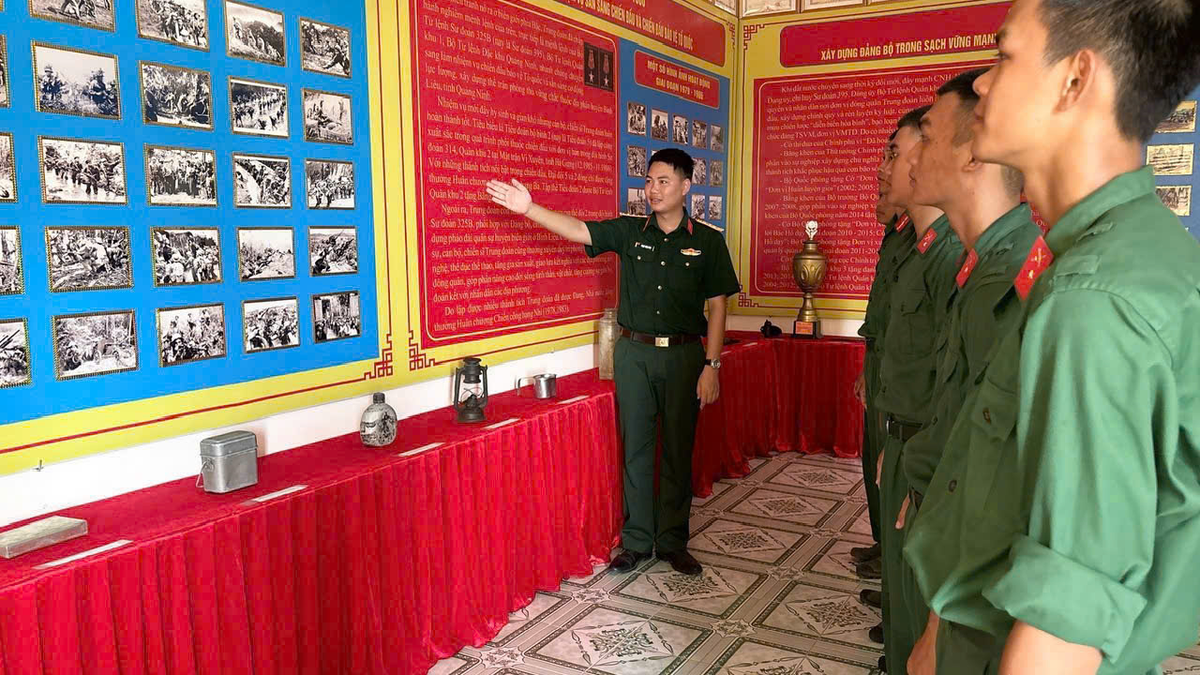




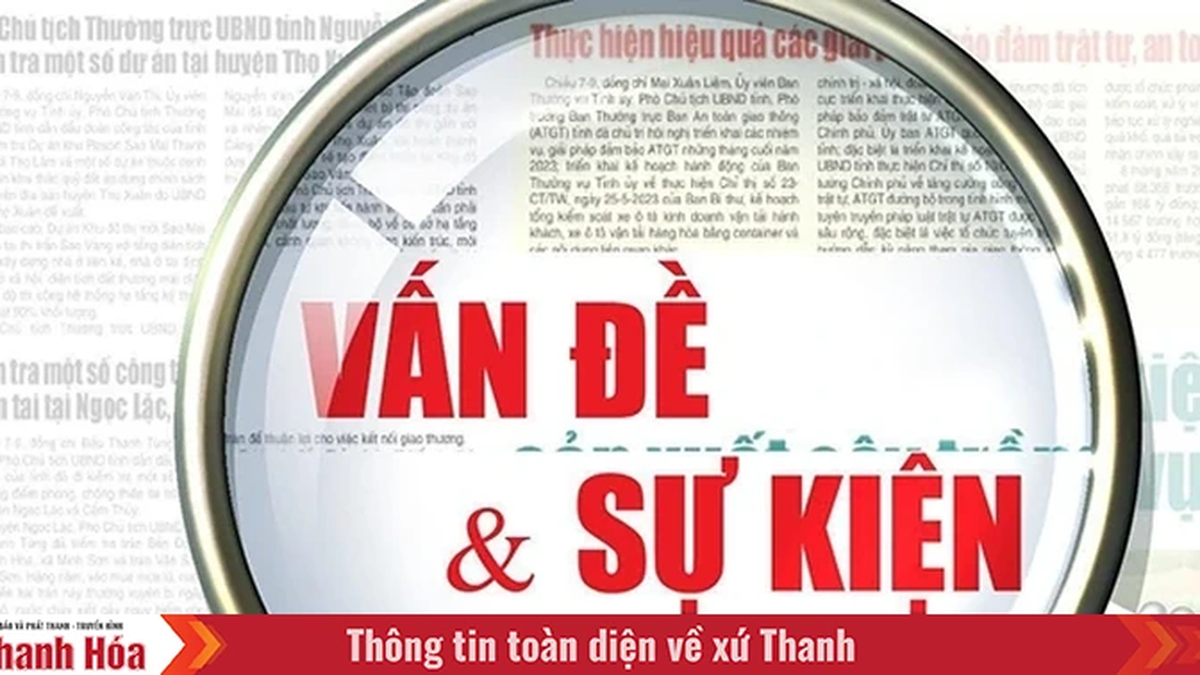
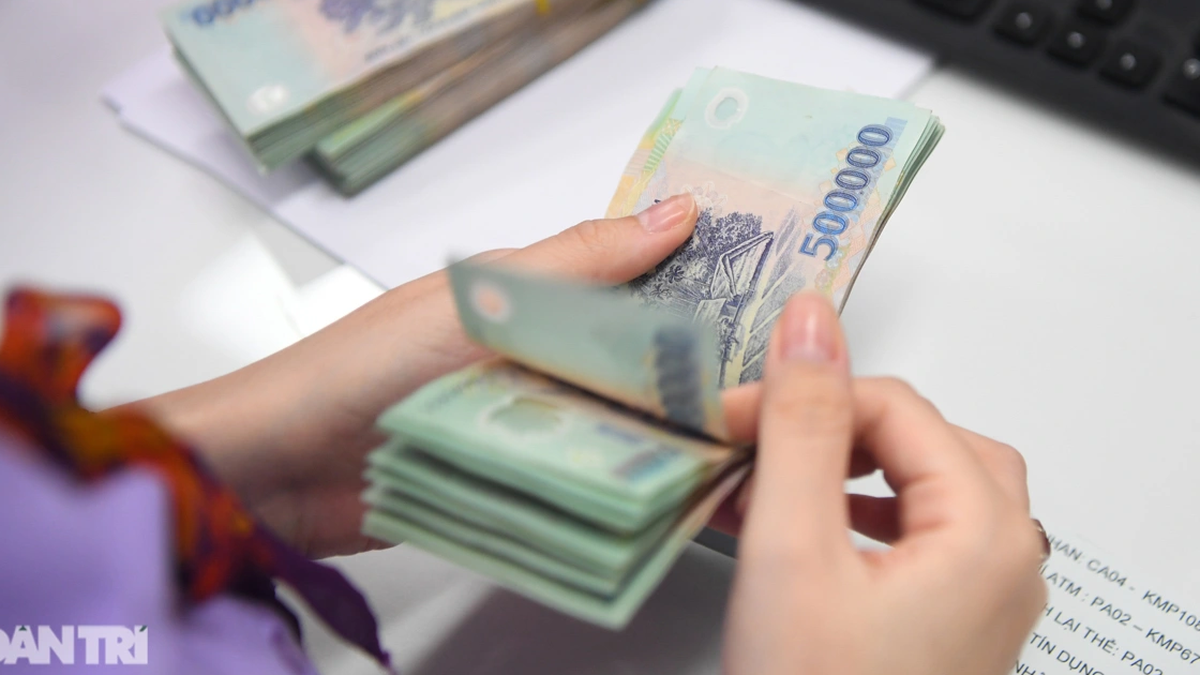
























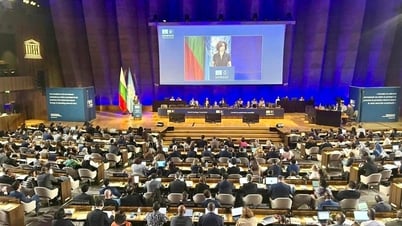





















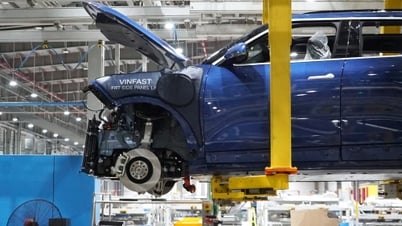





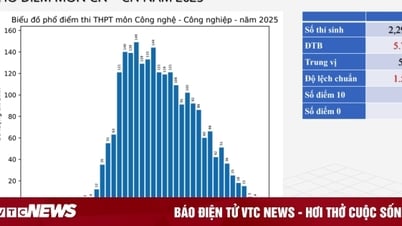









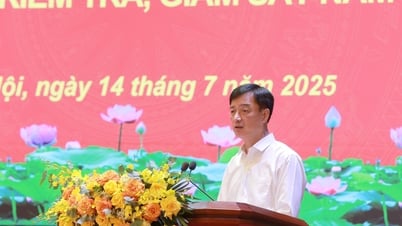



























Comment (0)